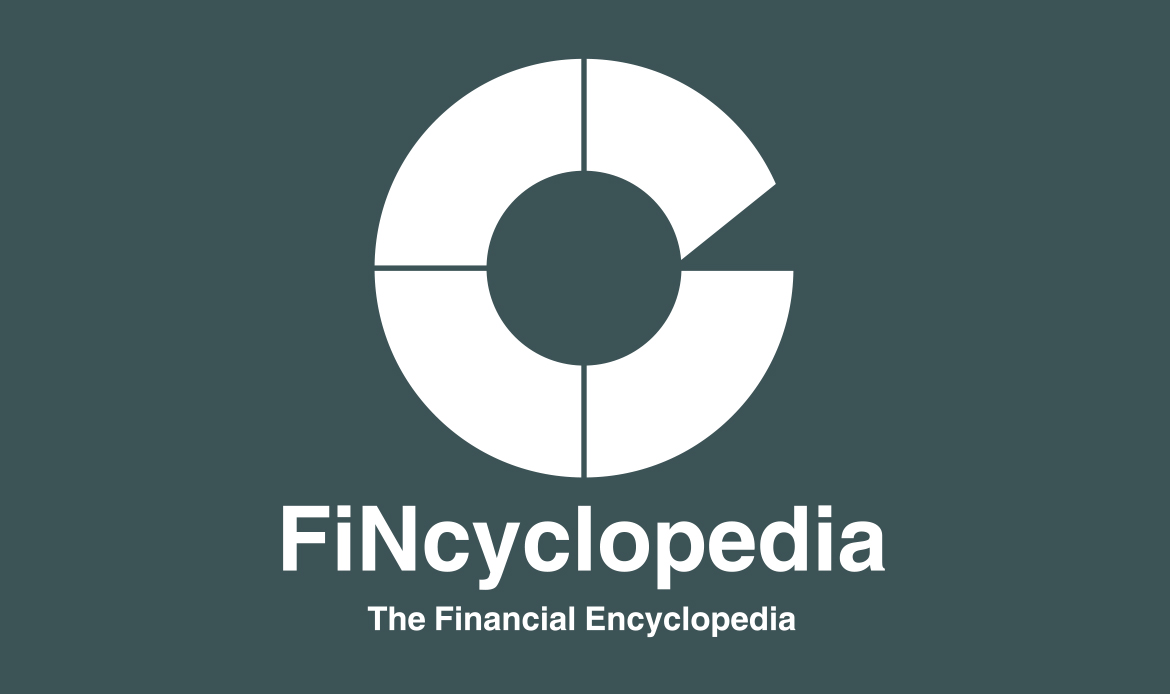A credit default swap (CDS) or credit swap is defined as a swap entered into by two counterparties, a buyer and seller of credit protection, and whereby the buyer (the holder/ the long) has the right to sell to the protection provider (the seller) a debt obligation (e.g. a bond, loan, etc) for its face value in the event of default by issuer. As such, a credit swap provides insurance against a credit event such as default by a named issuer (a name) which could be a corporation or a sovereign entity.
On the other hand, a credit contingent swap is, in specific aspects, similar to a credit default swap. However, in terms of the differences, it entails the exchange (swapping) of two different legs of payment, one of which links a vanilla interest rate swap or currency swap to a credit event, such as a default on a credit-sensitive asset (e.g., a bond). This swap involves the transfer of credit risk associated with a specified reference entity (or a reference asset, or broadly a name) upon occurrence of a credit event and another trigger event. In other words, in addition to the occurrence of a credit event, contingency requires an additional trigger, typically the occurrence of a credit event associated with another reference entity or a material change in asset prices (equity prices, commodity prices, or interest rates).





